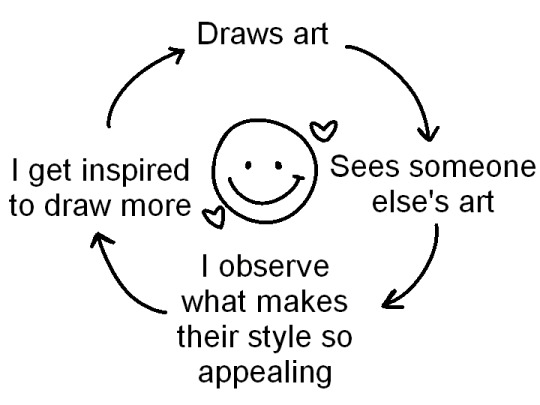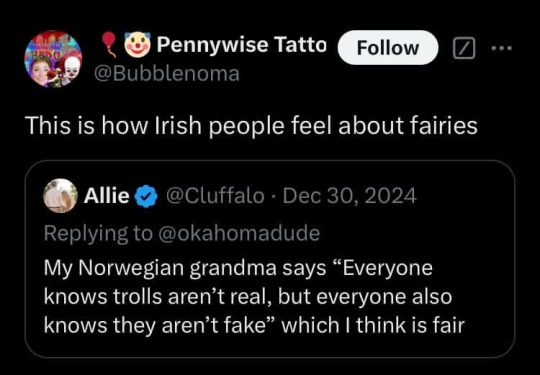#study in
Explore tagged Tumblr posts
Text
The Ultimate Guide to Scholarships and Financial Aid for Study Abroad in 2025
Study abroad may be one of the most life-changing experiences for any student, involving cultural immersion, acquiring a global perspective, and developing meaningful skills. However, international education often comes at a high cost, which can be prohibitive. Fortunately, there are numerous scholarships and financial aid opportunities available to ease this financial burden. This paper will discuss an overview of scholarships and financial aid opportunities available for study abroad students in 2025.
#scholarships#overseaseducation#studentlife#internationalstudents#globaleducation#studyabroad#study overseas#study motivation#abroad study#study abroad#study in abroad#study in#studyblr#study blog#studyspo#study aesthetic#studying#university student#student#university#academia#books and libraries#university campus#student life#college#university admission#university admissions
9 notes
·
View notes
Text
You can be talking to someone and she'll be like, "Oh I made a silly mistake. Women don't deserve voting rights teehee." And you'll be like, "What." And she'll be like, "Oh I'm sorry! That must sound so bad out of context. No it's this Tiktok meme where, if you're a girl and you do something dumb, you say 'Women don't deserve voting rights teehee.'"
And you'll be like, "That sounds bad." And she'll be like, "No no. It's totally not that bad. It's just a meme. Men say it too. Like if a man does something silly he'll be like, 'I am like those women who do not deserve to vote.'" And you'll be like, "Does that make it better?" And she'll be like, "Well there was one guy who tried to make 'Men shouldn't vote' a popular meme. But it never caught on and also he got yelled at a lot."
And then you drop it there because like, you're harshing the vibe.
81K notes
·
View notes
Text

Dogs have had many jobs throughout history, in this case: Revenge.
133K notes
·
View notes
Text

#dark academia#light academia#love#study academia#love quotes#dark aesthetic#spilled poetry#lana del rey#spilled ink#study aesthetic#spilled feelings#spilled writing#spilled words#spilled thoughts#classic academia#romantic academia#chaotic academia#academia aesthetic#poetic#poem#poetry#god bless#deep feelings#lovesick#healthy love#lovers#i love you#literature#writers#writing
36K notes
·
View notes
Text






teeth studies
#my art#artists on tumblr#art#digital art#artwork#draw#drawing#artist#teeth#animal teeth#anatomy#studies#animal art
42K notes
·
View notes
Text
Crystals study

















i'm so tired
50K notes
·
View notes
Text

sketch
#artwork#art#digital illustration#digital art#illustration#artists on tumblr#digital painting#animals#beetle#insects#art study
32K notes
·
View notes
Text

Fabric study :)🤍
#art#my art#almost killed me but it was worth it at the end god bless#digital art#study#fabric study#fashion
57K notes
·
View notes
Text
“kids spend too much time on their devices” well what else are they supposed to do? there’s no corner shops with pinball machines in them on every corner anymore. there’s no malls or stores in small towns for teens to hang out in without being suspected of shoplifting or kicked out for loitering. sidewalks are too broken for them to ride their bikes and there’s no bike lane in the street to make it safe for them. i just don’t understand where they expect these kids to go when they keep taking places away from them. and yes having no safe public places for them is what leads a lot of teens into addiction if they end up at a place where people aren’t truly looking out for them.
#autumn rambles#sorry i started thinking about this and now i can’t stop#my parents had arcades and corner shops they could hang out in where the owners treated them like family…#i have a gas station where only old men like to hang out there#(also want to clarify i left libraries off of here because you have to be quiet there.#it’s nice for a place to study but it’s not really a place for fun unless you love reading which not everyone does)
35K notes
·
View notes
Text

The Ruins of Eden
#insp/study from: Carl Gustav Carus#Fuchs vor einer Ruinenmauer im Walde (1824)#fantasy art#artists on tumblr#art#dragons#fantasy illustration#fantasy creatures#inks#dragon art#dragon#fantasy ruins
26K notes
·
View notes
Text


I love you Safety Wizard.
(Inspired by @keroascrazy)
#safety wizard#wizard#Tumblr wants me to use the wizardposting tag so badly and I'm tempted. It's a good tag.#Shout out to stackedbirds for sending me the safety wizard post. Beloved mutual and beloved supplier of good wizard posts.#I will make it an open secret that I love me some good goofy wizards.#Safety Wizard has a special pizzazz that just gets the gears turning.#I like to imagine Safety Wizard began their studies as a traffic wizard. Then took some courses in roadside hazard magic.#This sparked an interest in safety magic and resulted in an eventual change of major - but the outfit stayed true to their roots.#All that said and done; The original costume is really good and I hope OP keeps up the good wizarding work.#Remember that distracted driving is extremely dangerous. Do not drive tired or in altered states of awareness.#It is always morally correct to call a friend of ride service if you have even the smallest doubt you will be a safe driver.#And *please* wear proper PPE on your job site. Do not put yourself or other's at risk!
20K notes
·
View notes
Text
Top Study Abroad Destinations for 2025
Studying abroad can change your life. You get to experience different cultures, see the world from a new perspective, and learn skills that will stay with you forever. As we look towards 2025, some places stand out for their great education, rich cultures, and opportunities for growth.
#abroad education#study motivation#abroad study#study abroad#study in abroad#study in#study in georgia#study in india#study in germany#study in nz#study in new zealand#study in italy#study in ireland#study in malta#study in singapore#study in poland#study in uk without ielts#studyblr#study blog#study overseas#study in usa#study in uk#study aesthetic#studyspo#studying#student#study in china#study in europe#study in australia#study in canada
3 notes
·
View notes
Text

Peace and love
#pink posts#i saw a tweet that was like “i see other people's art” --> i get discouraged#i understand that seeing art that is prettier than yours can be discouraging but why not twist that a bit?#why does it look prettier to you? is it the colors#is it the textures they used? the brushes?#study them and try to put your spin on it#and maybe you'll find your art beautiful as well
95K notes
·
View notes
Text

69K notes
·
View notes
Text

#Georgia O'Keeffe#summer#art#artist#dark academia aesthetic#academia aesthetic#chaotic academia#classic academia#light academia aesthetic#dark academia#soft academia#romantic academia#study motivation#studyspo#studyinspo#studying#study aesthetic#study notes#study space#studygram#study blog#light academia#classic literature#poetry#art academia#books#libraries#book quotes#literature quotes#deep quotes
42K notes
·
View notes